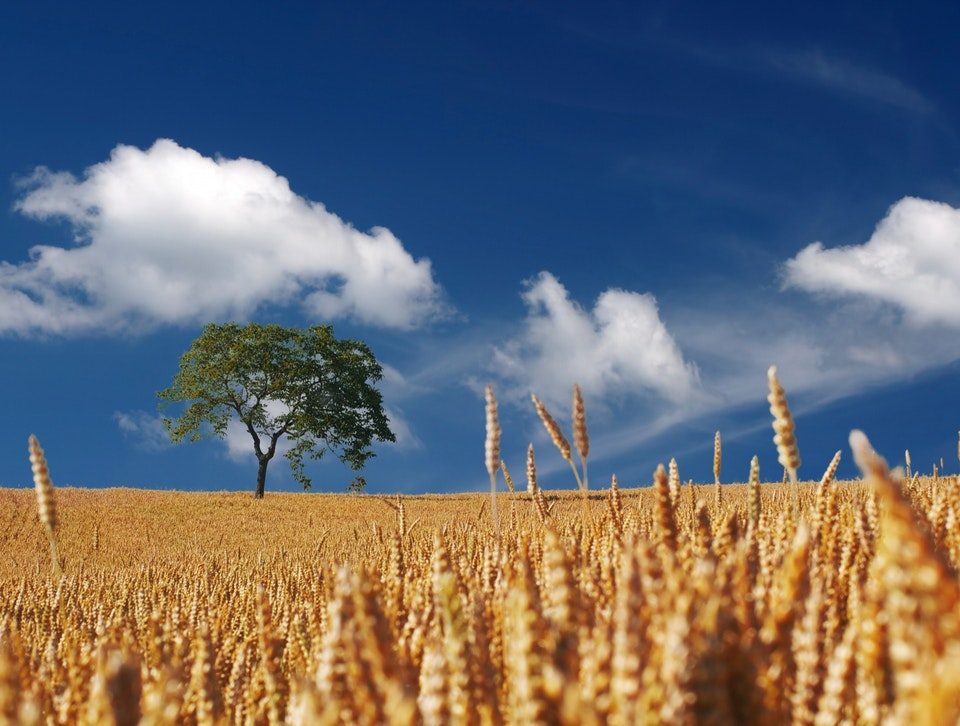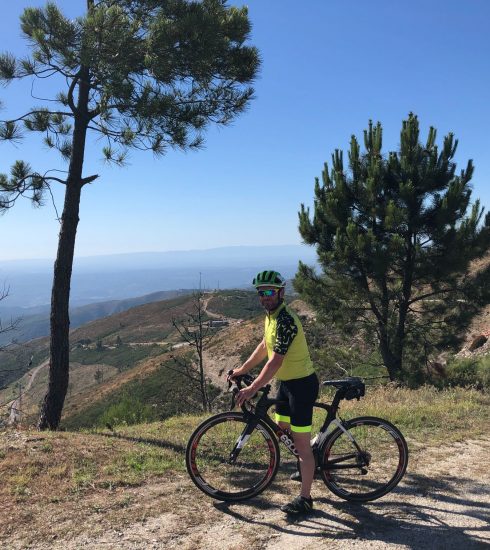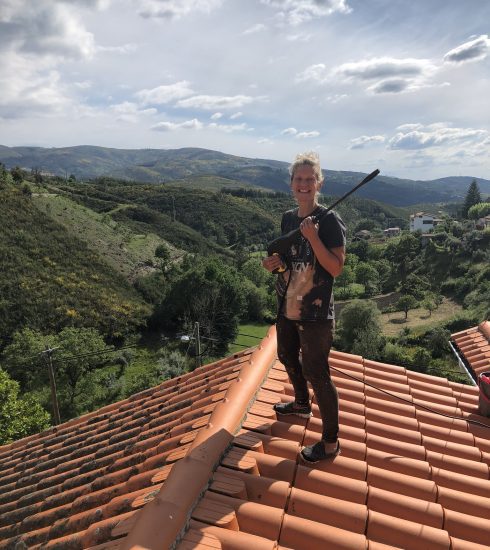DIA DA ESPIGA
Today is Dia da Espiga or Quinta-feira da Espiga, a Portuguese celebration that takes place on Ascension Thursday. It always falls on a Thursday 40 days after Easter and celebrates the ascension of Jesus to Heaven, 40 days after being resurrected. It is a Catholic religious celebration with pagan origins. The day starts with a morning walk, in which boys and girls go to the fields and pick ears of wheat, various countryside flowers and olive branches to form a bouquet which is placed or hung behind the entrance door of the home and kept throughout the year as a symbol of prosperity.
The day of the ear was also the “day of the hour” and considered “the holiest day of the year”, a day when one should not work. It was called the day of the hour because at noon, everything stopped, “the waters of the streams do not flow, the milk does not curdle, the bread does not leaven and the leaves cross”. It was at that time that plants were harvested to make the ear of the cob and medicinal herbs were also harvested.
Each flower in the bouquet (called “Ramo de Espigas”) has a specific meaning:
“Espiga” (ear of wheat): stands for bread and prosperity
“Malmequer” (daisy): stands for fortune
“Papoila” (poppy): stands for love
“Oliveira” (olive branch): stands for peace
“Alecrim” (rosemary): stands for health
“Videira” (vine leaves): stands for joy
What a beautiful tradition. I’m venturing off to collect mine after lunch today.






